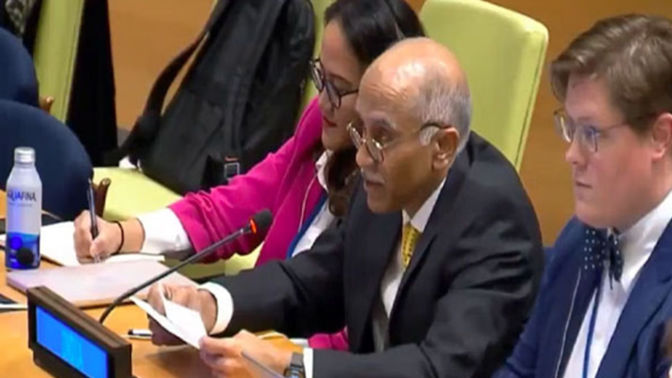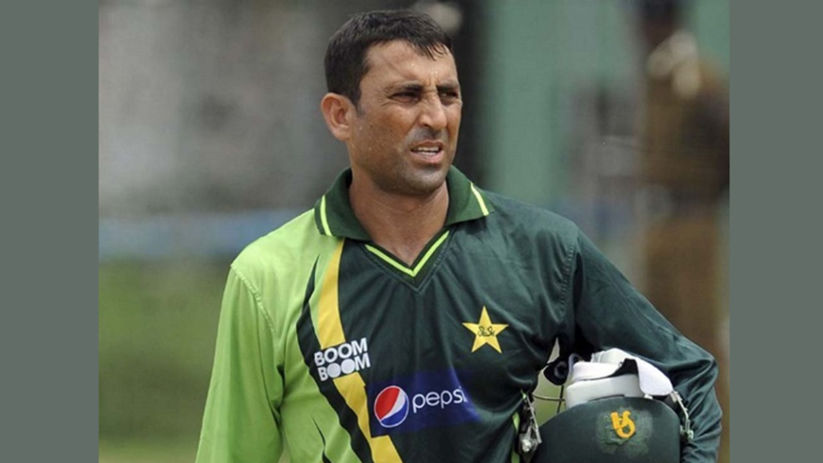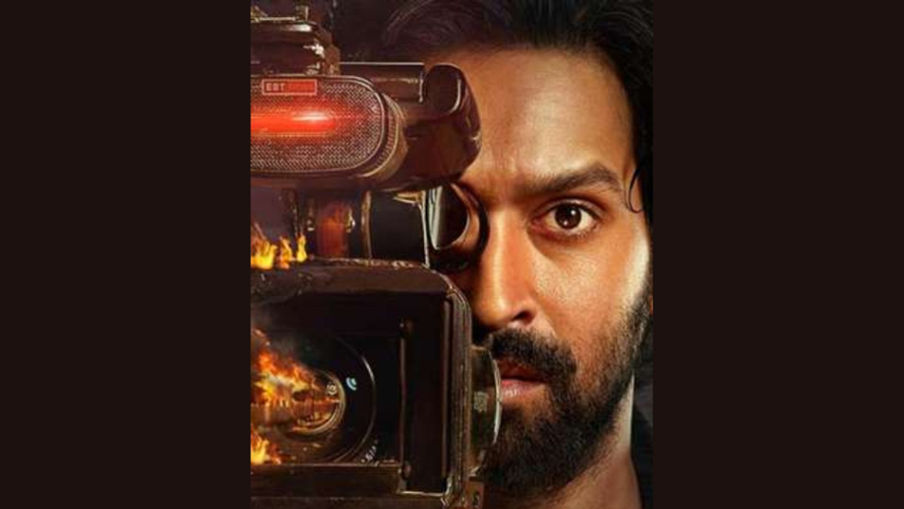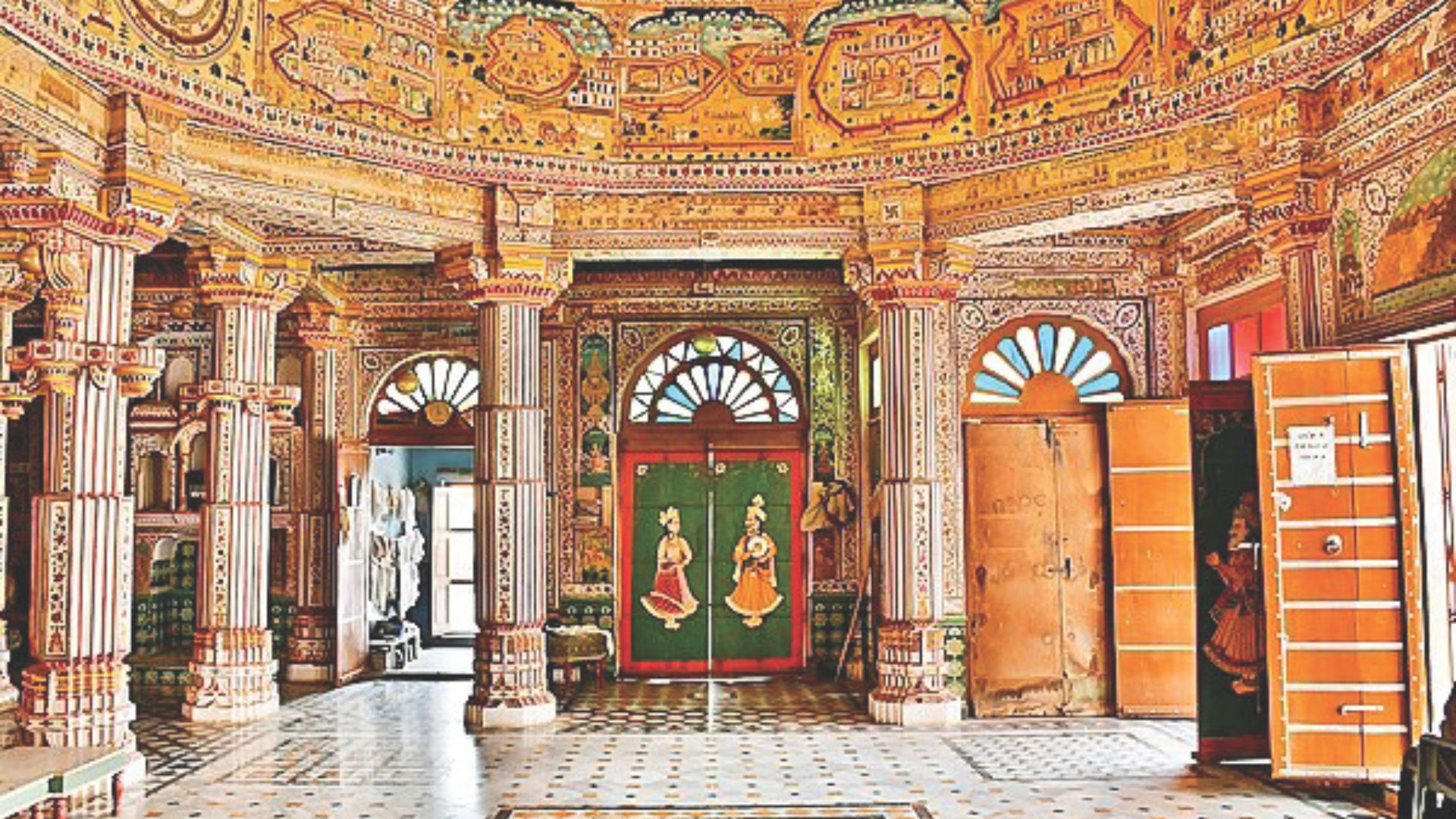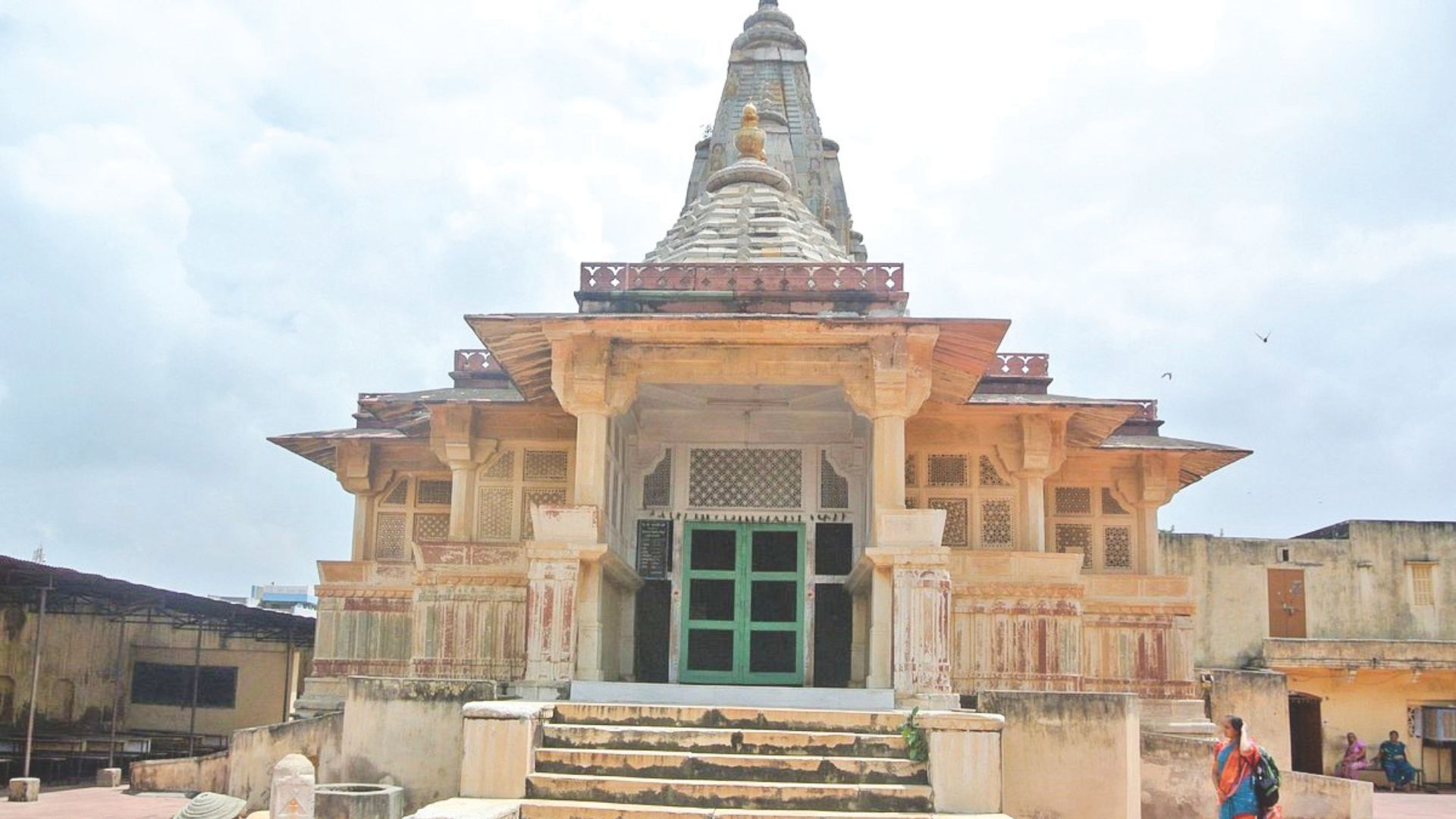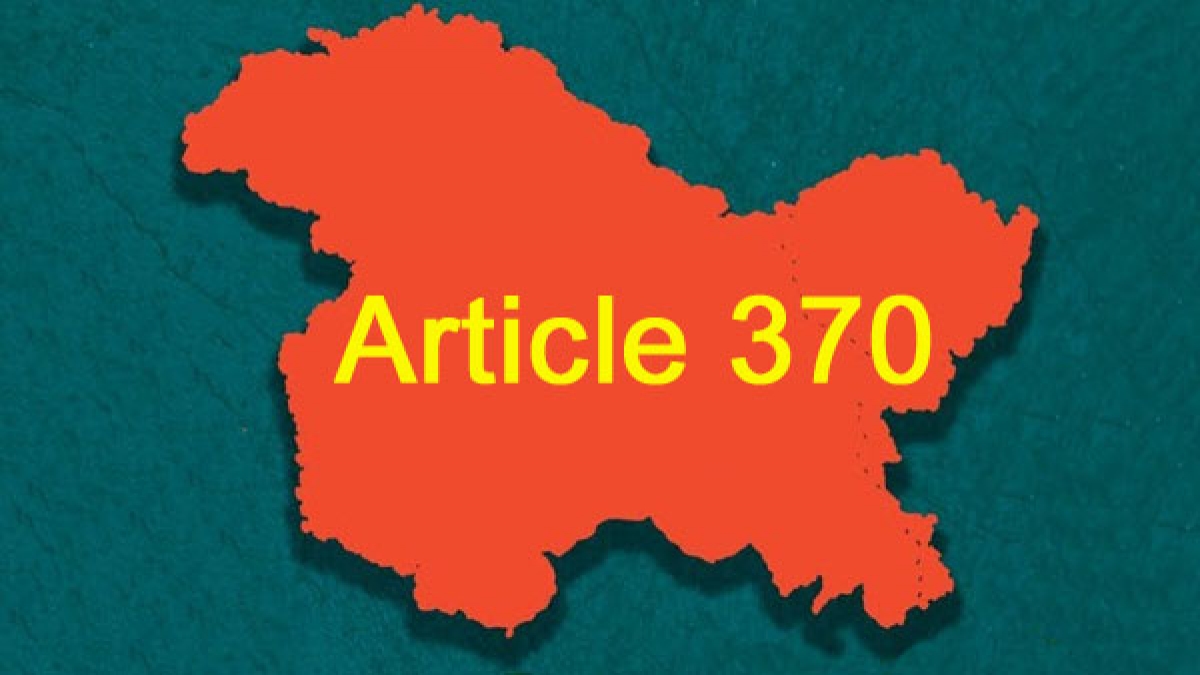
Dictatorship! Human Rights Violation! Crushing the voice of the people by the State! Such are the slogans and articles that are flooded both in the print as well as digital space about the Indian state of Jammu and Kashmir. But just as there can be no light without the dark, no right without a wrong; and no bass without treble, there can be no coin without two sides. When the opinion space gets dominated by one side of the frequency spectrum, as informed citizens, it becomes only fair to tune in to the other side of the frequency spectrum. The “Center for Muslim World Studies” at one of the largest universities of South Florida – Florida International University (FIU), however, has chosen to project just one side of the “opinion coin”. The “Center for Muslim World Studies” is preparing to host an event – Kashmir in Modi’s India: Continuities, Changes, and Challenges, which is aimed at best projecting a jaundiced view of Kashmir post the abrogation of Article 370. The outline of the event presents a snapshot of the deep bias entrenched in the event without including a voice of counter-balance opinion. Below are a few points reflecting my frustration with the event and its tone:
1. The event titled “Kashmir in Modi’s India” insinuates the demonization of the largest democratically elected government in the world. Mr. Narendra Modi represents the voice of a people – a billion strong, and the decisions taken by the Government of India are reflections of the consensus of its people. The discourse is reportedly going to be the history of Kashmir right from its contested status at the independence of India and Pakistan to the repercussions of revoking Article 370. While the territorial conflict of Kashmir gets to hog most of the limelight, what is seldom discussed is the treaty of Maharaja Ranjit Singh – the monarch of Kashmir at the independence of India that merges Kashmir with India and the marauders that raped and pillaged Kashmir just to coerce the King to merge Kashmir with Pakistan.
2. More often than not, the name of the United Nations gets screamed at the top of the lungs whenever “Kashmir” is discussed. Post the abrogation of Article 370, these “screams” have only intensified. It is only fair then that the role of the United Nations is discussed in all the internal matters of each country – for example, is the US taxation system vetted by the UN? or was UN consulted before the schools in Florida removed the narrative of “Critical Race Theory” from their school syllabus? The answer to the above questions will be “This is an internal matter of the US”. Similarly, abrogation of Article 370 of the Indian Constitution is an internal matter of India where the UN has NO say.
3. In order to understand the human rights that the event looks to discuss, it would be wise to also discuss the umpteen attacks that are orchestrated not just on the Indian army, but also on its citizens by non-state actors and cross-border terrorists that feed on the fear they instill in the society. Snatching away the Right to Life just because a person is from a faith that is frowned upon by those unwilling to accept alternate methods of worship is the worst form of human rights violation ever. When people are forced out of their homes and sentenced to live the life of a nomad – is also human rights violation that should also be discussed in the event.
4. When hosting an event that is aimed at raising doubts about the sovereignty of a nation, it should be presented from a non-biased platform that amplifies not just one side of the opinion. As an academic platform, are there any previous or future events similar in nature that discuss the sufferings of Hindus that occurred during the partition of India and the formation of Bangladesh that have been or will be organized by the Center for Muslim World Studies at FIU?
Opinion bias can lead to decisions that can have fatal repercussions on society and leave false impressions that can take generations to wash off. Cultural Organizations and the student body at FIU should make sure that opinion events are balanced and are designed to give equal space to all opinions. In absence of such discipline, the narrative is not only hijacked but ultimately, the history gets re-written bereft of facts and built on lies.
Author:
Varun Kulkarni
Mechanical Engineer by qualification, Engineering manager by profession. Youtuber. History Enthusiast. Strong believer of Vedic values and Sanatan. ISHA Volunteer
